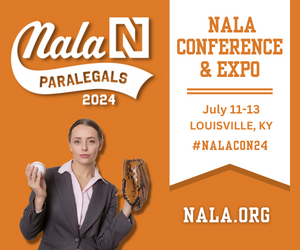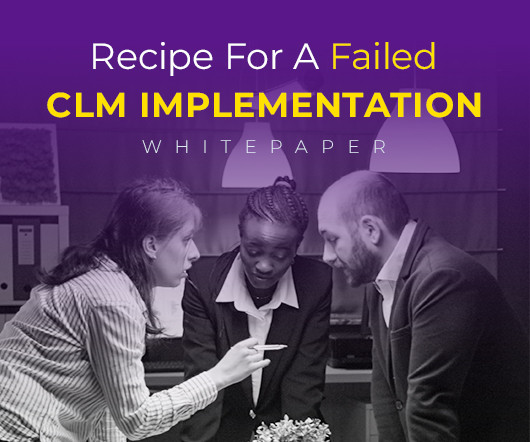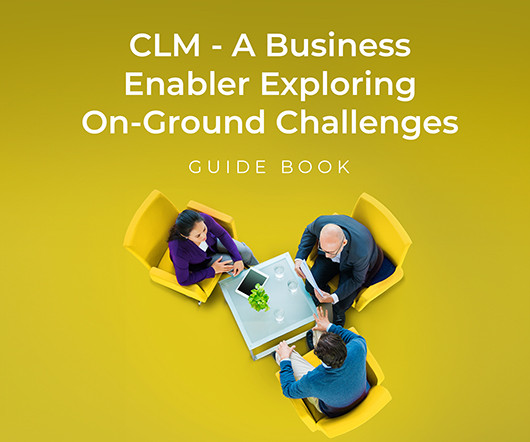Congress to Rewrite the Communications Act - What Could It Mean For Broadcasters?
Broadcast Law Blog
MAY 24, 2010
In a very cryptic announcement , the Chairs of the House and Senate commerce committees, and the Chairs of the subcommittees dealing specifically with communications matters, have announced that they are beginning the process of rewriting the Communications Act of 1934 , the Act which governs regulation of broadcasters as well as telecommunications, satellite and mobile communications entities.




























Let's personalize your content